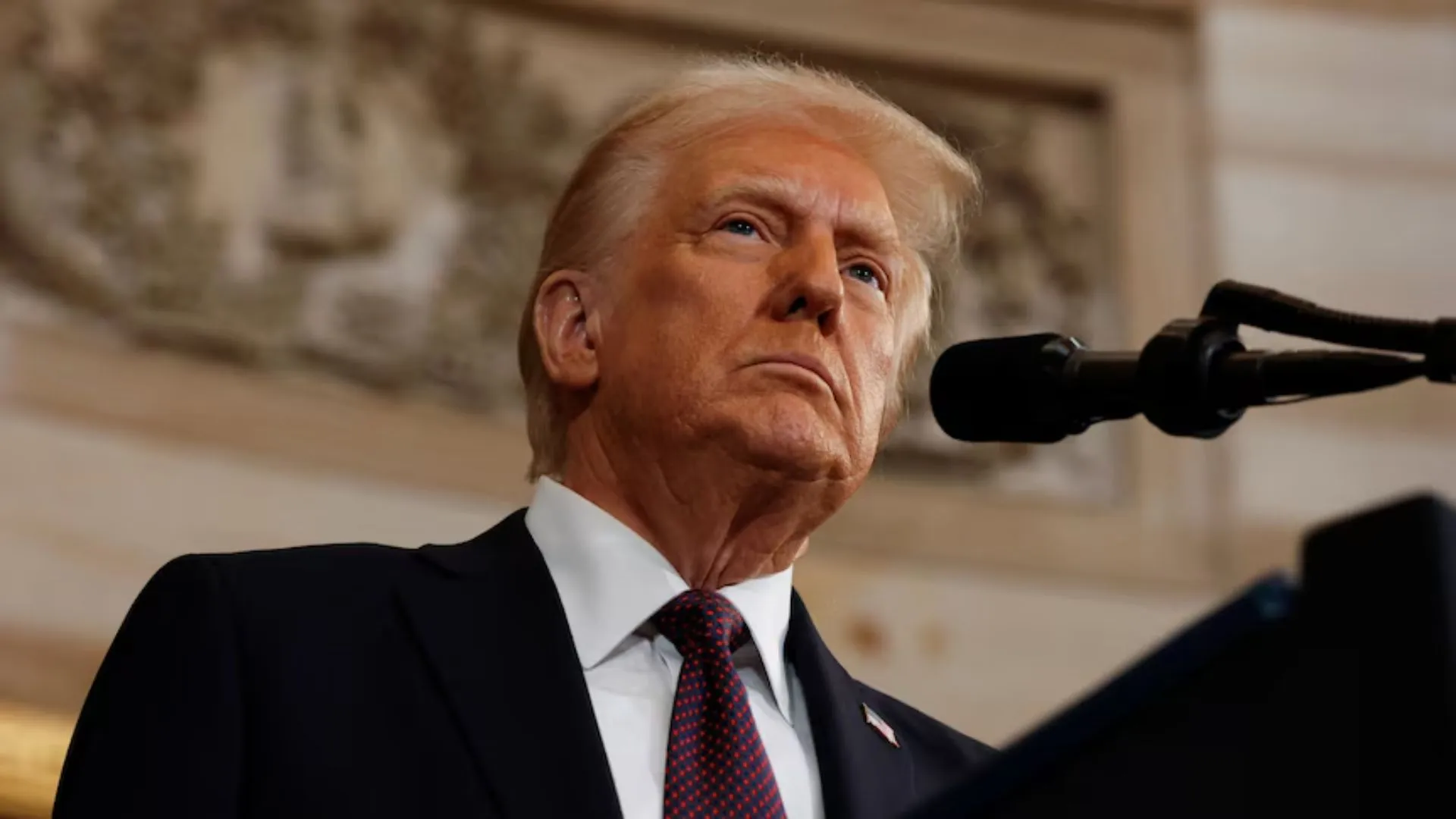Prime Minister Narendra Modi has launched a scathing attack on the Congress party, urging voters to decide between ‘vote jihad’ or ‘Ram Rajya’ in the upcoming elections. Speaking at a public meeting, PM Modi emphasized the critical juncture in India’s history, prompting citizens to ponder the implications of ‘vote jihad’ advocated by certain political factions.
The Prime Minister’s remarks come in response to a controversial statement made by Maria Alam, a Samajwadi Party leader and niece of senior Congress leader Salman Khurshid. Alam’s call for ‘vote jihad’ stirred a significant uproar, with BJP leaders attributing the statement to the INDIA bloc.
Allegedly, Alam urged Muslims to engage in ‘vote jihad’ to defeat the BJP while campaigning for the INDIA bloc’s candidate in the Farrukhabad constituency of Uttar Pradesh. This prompted legal action against Alam, who was subsequently booked for her inflammatory speech.
During a public address in Beed, Maharashtra, PM Modi not only criticized the Congress and the INDIA bloc over the reservation controversy in Karnataka but also targeted former Bihar Chief Minister Lalu Prasad Yadav for his stance on reservation policies.
ALSO READ : Lok Sabha Elections 2024: Modi’s Varanasi Roadshow Scheduled For May 13 Ahead Of Nomination Filing
PM Modi condemned the Congress government’s decision in Karnataka to extend reservation benefits to Muslims, alleging that it undermined the rights of other backward classes (OBCs). He warned against similar attempts to manipulate reservation policies across the country, asserting that such actions posed a threat to the interests of tribals, backward classes, and Dalits.
Furthermore, PM Modi highlighted remarks made by Lalu Prasad Yadav advocating for Muslim reservations, describing it as a dangerous precedent. However, Yadav later clarified his stance, emphasizing that reservations are based on social backwardness rather than religious affiliation.
The Prime Minister’s statements underscore the contentious nature of the ongoing political discourse, particularly concerning issues of communal identity and social justice. As the electoral landscape intensifies, political parties and leaders continue to spar over policy decisions and ideological differences, shaping the narrative leading up to the forthcoming elections.
In conclusion, PM Modi’s forceful condemnation of ‘vote jihad’ and his critique of reservation policies reflect the complex dynamics at play in Indian politics. With elections on the horizon, the debate over identity politics and social equity remains a central theme, driving discussions and shaping voter perceptions across the nation.























